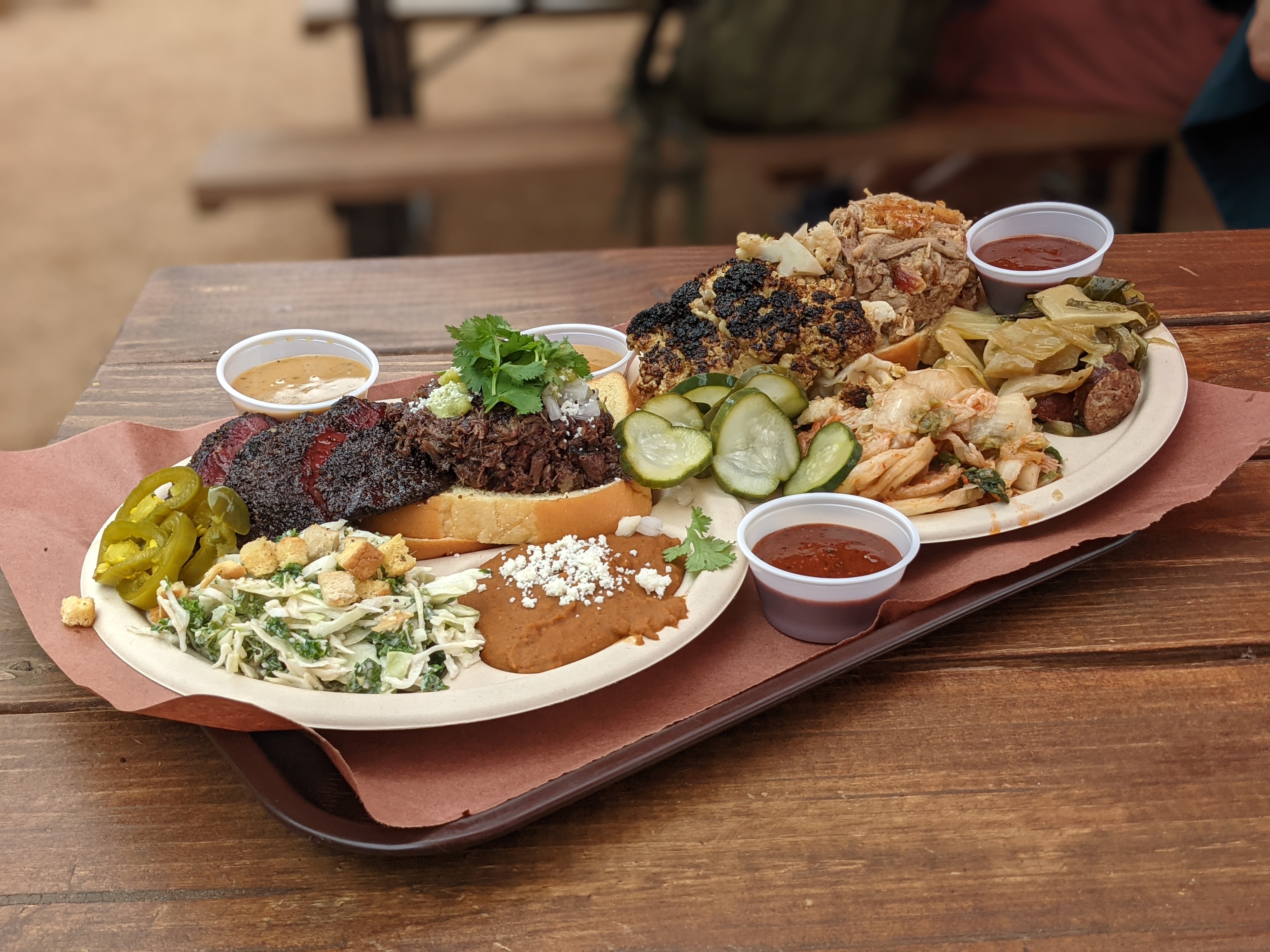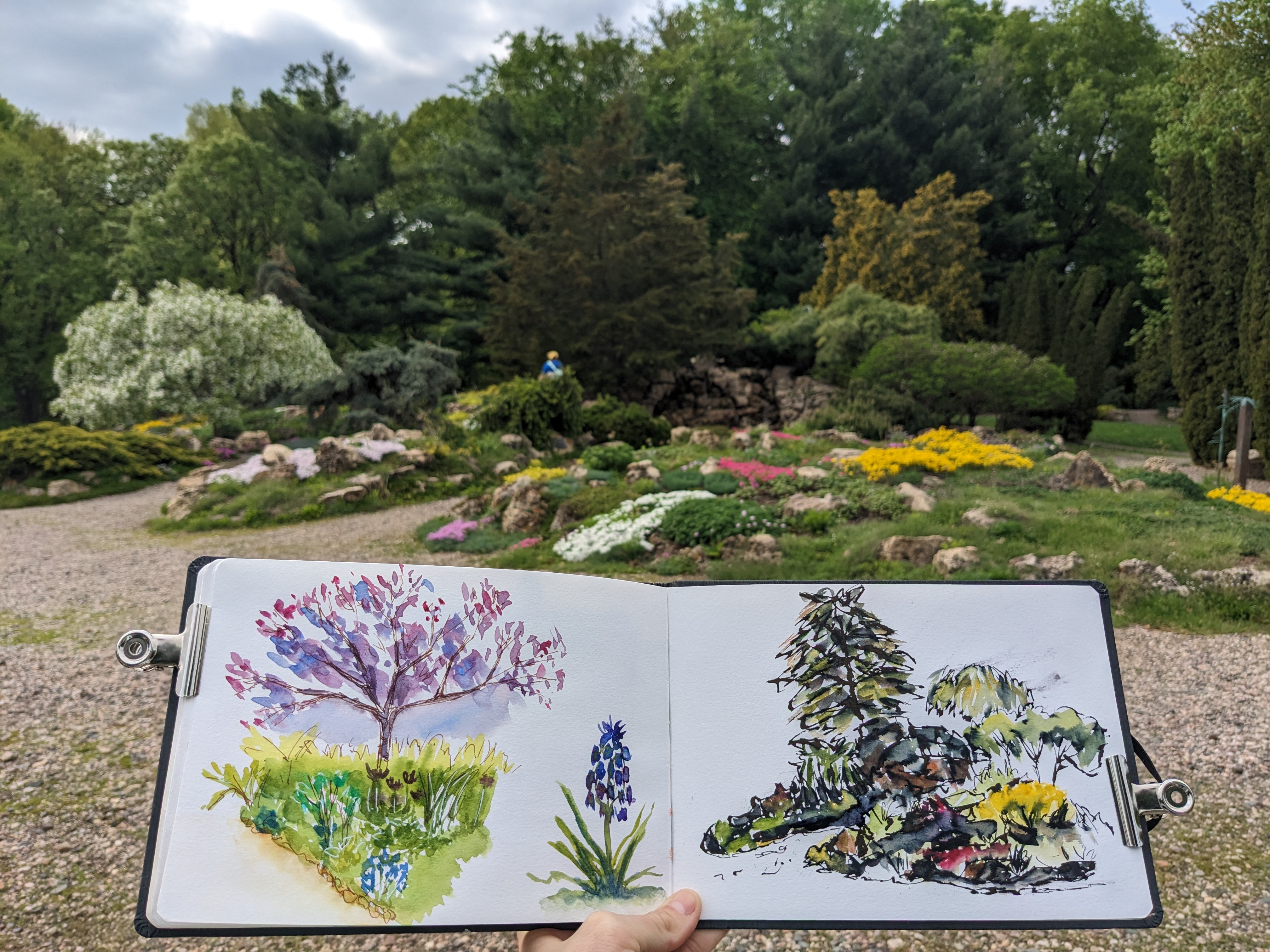· resources · 7 min read
Reducing the Risk of Lifestyle Creep
When we see additional cash flow, such as a raise, tax refund, or windfall, it's tempting to spend that money. You're able to spend on things you couldn't before and can improve your quality of life.

You’re able to afford better housing without living paycheck to paycheck, buy higher quality groceries, and purchase new items to replace broken or worn-out ones. If you get a raise, you should celebrate. You worked hard and earned it! Go out to a nice dinner or buy something reasonable that you’ve had your eye on for a long time.
However, letting your spending increase to match your income can cause more harm than good. Once those purchases no longer improve your standard of living, they start to eat away at your savings potential and lock you into a cycle of dependency. These purchases can be small - buying more clothes or eating out more frequently - or large, like buying a newer car with a monthly payment.
Soon, the excitement and pleasure received from these purchases wears off, and now you’re stuck spending more money for a new “normal” that’s not that different from your previous life. This is the concept of lifestyle creep and it’s an easy way to damage your savings goals and prevent you from budgeting sustainably and mindfully.
What if, instead of spending that new money, you set it aside for a rainy day? What are the possibilities?
The Risks of Lifestyle Creep
You might ask, “What’s the harm in spending more if I have the income?” Well, life is unpredictable. You’re used to spending every dollar you make, and especially if you’ve taken out loans, you now need every dollar of your paycheck. If you lose your job or your pay is cut, you are stuck with a loan you can’t pay and have no savings to back you up. You’ll have to cut back on your spending all at once in a very uncomfortable way. You may even have to take out high-interest debt or put purchases on credit cards to pay for what used to be easy. Suddenly, you’re in a deep hole that you can’t get out of.
There may be a time when you want to quit your job, make a career change, or simply take a break for a mental reset or to raise a kid. If you’re used to spending all your income and don’t have savings, you’ll be trapped and unable to make these changes. Spending less than you make provides flexibility and reduces stress. You can always redirect this additional income to where it has the most impact.
Lifestyle creep also prevents you from reaching your savings goals. Instant gratification feels good for a moment, but quickly wears off and you’re stuck with items you don’t need that you may not have really wanted. Over a lifetime, this is a huge amount of money that could have gone towards long-term savings, especially if you invested it over many decades. When you decide to retire and there’s not enough saved up, were those earlier impulsive purchases worth it?
The Benefits of Sustainable Budgeting
By budgeting sustainably, you have enough money to cover your necessities and some discretionary spending for a good quality of life. You can still go to concerts, eat out, and buy clothes and gifts. It’s just a matter of prioritizing and moderating your spending. Maybe you absolutely love buying new clothes - that’s totally fine! Build this clothing spending into your budget, but don’t let it increase as your income increases. Maybe you find that eating out once a week provides a lot of enjoyment, but anything more than that ends up feeling repetitive and you no longer appreciate each meal. Budget for four meals a month and stick to it.
It’s not about depriving yourself of enjoyment - it’s about spending with intention and appreciating each purchase.
Life becomes much clearer and less stressful since you aren’t bogged down in spending and know that you’re living within your means.
Any additional income or windfalls can go towards savings goals. Note: It’s important to build savings into any healthy budget. Make sure to have an emergency fund prior to increasing any discretionary spending.
Some examples of savings goals are:
- Retirement savings: By regularly contributing to IRAs, 401(k)s, or other investment accounts, your money can grow in the background so that when you decide to retire, it’s there for you. For example, putting $5,000/year into a Roth IRA starting at age 30 could grow to ~$744,000 by age 65, assuming a 7% rate of return. Your $175,000 of contributions could quadruple.
- Major purchase: Instead of smaller purchases now that provide instant gratification, you could save up for anything from a new computer to a downpayment for a house.
- Travel: Save up for that big trip that you’ve always dreamed of. Make memories with your family and friends.
- Tuition: If your kids decide to go to college, saving up for their tuition will help them avoid being saddled with student loan debt. This is one of the best ways to help set your kids off into the world.
- Paying Off Debt and Loans: This one is especially important since you’re already paying interest on any current loans. By paying off loans, you free up spending to go towards savings or an improved quality of life and reduce your stress.
- Life Flexibility: There may come a time when you want to quit your job, make a career change, or simply take a break. If you’re reliant on all of your income, you won’t be able to make this change and would feel trapped. Save for your mental health!
Preventing Lifestyle Creep
When you feel like you are making good money but can’t get ahead, it can often be because you are spending all of your income and allowing lifestyle creep to happen. Once you get used to a new level of spending, it’s very hard to cut back. As Investopedia says, “former luxuries become new necessities.”
The easiest way to avoid lifestyle creep is to not let it happen in the first place. It’s certainly tempting to continue spending as your income increases, but a bit of discipline and appreciation for what you already have can go a long way. It helps to set up a sustainable budget that covers what you need and allocates for discretionary spending and savings in advance.
Think through your purchases before making them and evaluate if they’ll really bring you added value in life. You already have a reliable car - do you really need a new one with a $400/month payment? Your home has enough space for your family - do you really want a new mortgage just to have a few more rooms that stay empty most of the time and cost money to heat and cool? You already have a closet full of clothes - do you really need more?
Recovering from Lifestyle Creep
You may have already fallen victim to lifestyle creep. It’s okay, you are not alone. Especially in America, there is so much pressure to buy and consume and advertisers are very good at convincing us to purchase things we don’t need. Forgive yourself - the fact that you’re here reading this article means you’ve taken a huge step toward regaining control of your finances.
Cutting back on spending is challenging and requires a very intentional mental reset. Keep track of all your purchases and sort them by which ones are necessary and discretionary. Among those discretionary expenses, which ones are most important to you, and which ones don’t bring much value?
Creating a Sustainable Budget
Whether you’re planning to avoid lifestyle creep or want help finding a solution, I can help you. We’ll evaluate your spending patterns and work to create good habits so you feel comfortable making purchases moving forward. By prioritizing what’s really important to you, we’ll build a sustainable budget that provides a good quality of life with enjoyment and leaves room for savings. The next time you get a raise or windfall, you can stay the course and put that money aside for the future while still enjoying the present.

